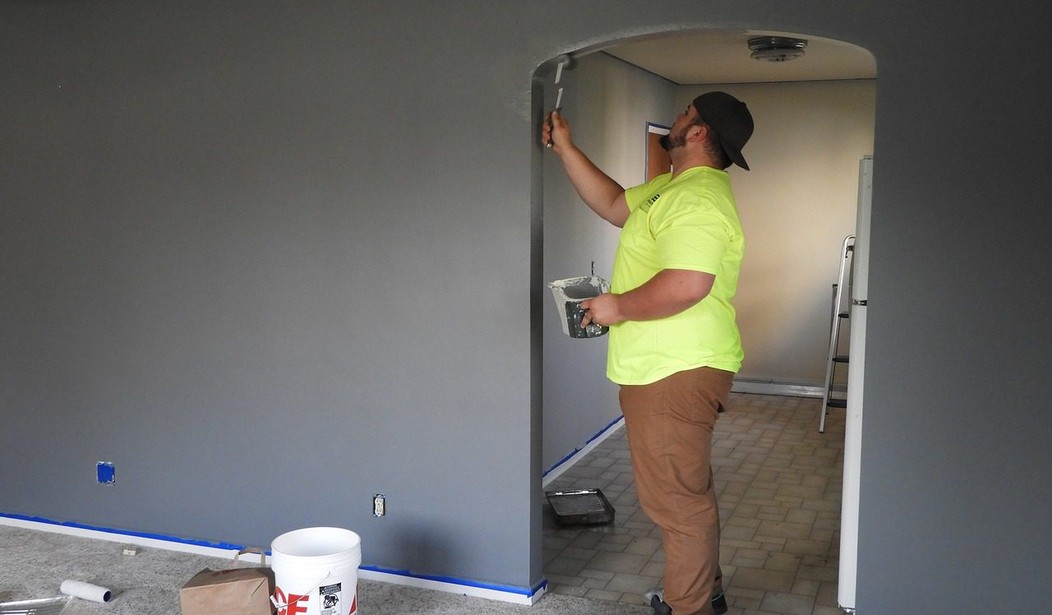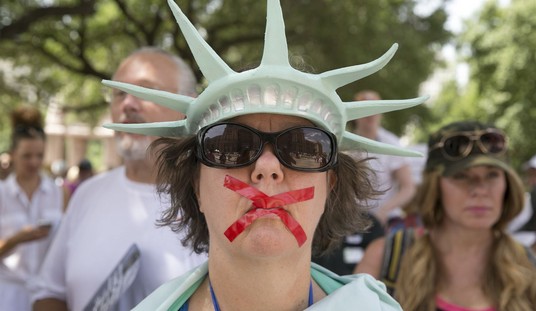I’m constantly trying to keep an eye out for ways we can reduce crime without infringing on people’s rights. This includes our Second Amendment rights, of course, but not just that. Any of our rights can be infringed by the desire to “do something” in the face of criminal activity.
And, frankly, we see a lot of ideas that sound like they might work but don’t.
But what about one that seemingly makes little sense on the surface? Well, we’ve tried everything else, so what do you have?
Well, as Stephen Gutowski reports over at The Reload, a recent study suggests home repairs can help.
Can violent crime be addressed through housing repair?
A recently published study from researchers at the University of Pennsylvania suggests the answer is yes. The study looked at Philadelphia’s Basic Systems Repair Program (BSRP), which provides grants to low-income individuals for structural home repairs. It found a decrease in crime occurred in areas benefitting from the program.
“Structural repairs to the homes of low-income owners were associated with a modest, but significant, reduction in crime at the block face level,” the authors of the study said. “The results included total crime and each crime category evaluated, including violent crime.”
The researchers found that blocks affected by the home-repair program were associated with a 21.9 percent decrease in homicide and a 19 percent decrease in assault. They also found that for each additional house that received the BSRP grant, the associated crime decrease was larger.
“We found a significant BSRP dose-dependent decrease in total crime such that the magnitude of impact increased with higher numbers of homes with BSRP intervention on a given block face,” the authors concluded.
OK, that’s interesting…but how?
Well, the researchers argue that it could be associated with factors like less stress and less associated stigma to a neighborhood. Basically, it’s a “look good, feel good” approach.
I suppose I can sort of see it.
A rundown neighborhood can start to impact how you feel about your block and yourself. You may start to feel like you should meet certain expectations. That includes committing crimes.
But is the study any good?
Well, one of the problems with it is that it is a correlation. Correlation doesn’t necessarily equal causation, as we should all know. However, that’s the best you’re likely to ever get.
What the researchers did do well was create a control group. In particular, they used neighborhoods in Philadelphia that didn’t get the grants for comparison. In particular, they say these were blocks that hadn’t yet gotten grants. That suggests these are in a similar state to the blocks that got the grants prior to repairs, making it useful for comparison.
By using a control group, they can rule out overall shifts in criminal activity and really dial in the usefulness of these repair grants. So, I’d say the study is about as sound as you can get.
More research is needed, but this opens up a lot of possibilities for communities all over the nation. Plus, the pro-gun world should be all over this kind of thing. Reducing crime by such a large percentage will not just save countless lives for the relatively meager price of fixing up some houses.
Further, this is something the private sector can start on without government approval. Sure, grants work, but a non-profit who starting fixing up homes for people in poorer neighborhoods, going block by block, could also make a similar impact. That’s especially true if the mechanism is what the researchers believe it to be.
I’ve long advocated for stopping crime before it starts. This might just be one way to do it.









Join the conversation as a VIP Member